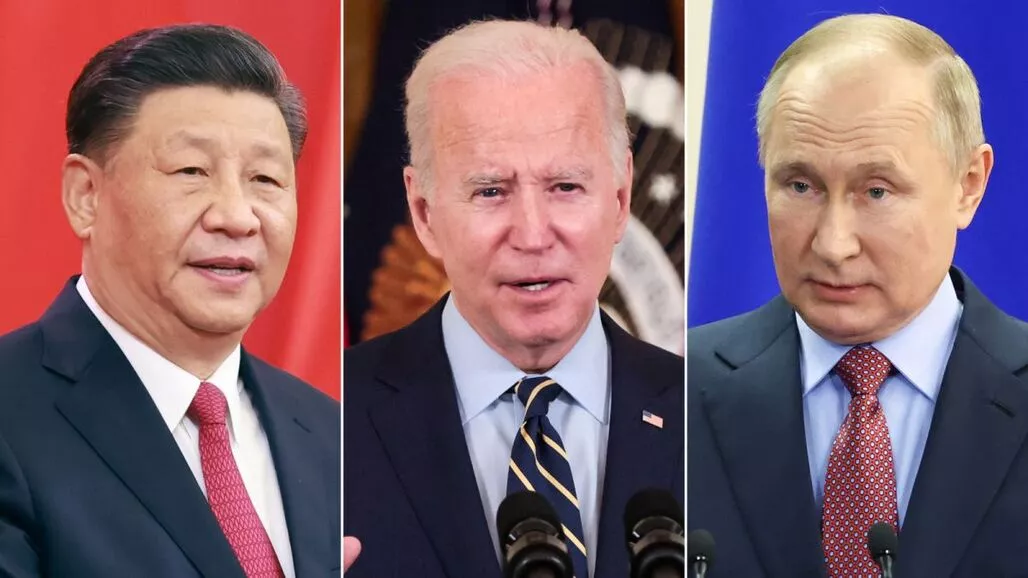On Monday, the United States blamed China and Russia for protecting North Korea from any step by the U.N. Security Council for its unusual spate of intercontinental ballistic missile launches, which violate numerous U.N. resolutions and threaten international aviation and marine safety.
Linda Thomas-Greenfield, U.S. Ambassador told a council meeting that Chinese and Russian “obstructionism” was encouraging North Korea “to launch ballistic missiles with impunity” and extend its growth of more sophisticated and destructive weapons.
After the meeting, she read a statement on behalf of council members Albania, Ecuador, France, Japan, Malta, Switzerland, the United Arab Emirates, and the United Kingdom, joined by South Korea, that condemned the launches.
It said the growing crisis endangers not only the region but international peace and stability and called for the Security Council to speak again with one voice. Unlike Thomas-Greenfield in her remarks, the statement did not name China and Russia, though it referred to them.
A united Security Council set sanctions after North Korea’s first nuclear test explosion in 2006 and tightened them over the years in a total of 10 resolutions aiming to rein in its nuclear and ballistic missile programs and cut off funding. In the last sanctions resolution embraced by the council in December 2017, members committed to other restricting petroleum exports to North Korea if it conducted a ballistic missile launch capable of acquiring intercontinental ranges.
China and Russia rejected a U.S.-sponsored resolution in May 2022 that would have set further sanctions, including on petroleum exports, over a spate of ICBM launches. Instead of new sanctions, what’s required now is renewed discussion between North Korea and the United States, they said, and they held that position on Monday.
The briefing came during the largest U.S. and South Korean military drills in years, which have included computer simulations, field exercises, and U.S. long-range B-1B bombers drilling with South Korean warplanes. North Korea said Monday it affected a nuclear attack on South Korea with a ballistic missile over the weekend, its fifth launch this month to oppose the military drills.
Geng Shuang, China’s deputy U.N. ambassador claimed that in 2018 North Korea took “the positive ambition of giving up nuclear weapons in return for security,” telling the council “the U.S. side failed to respond with goodwill … wasting an important opportunity for achieving denuclearization on the peninsula.”
Thomas-Greenfield retorted that this was not true, even if North Korea had temporarily halted testing. “The slew of blastoffs that we’ve noticed demonstrate to all of us that (North Korea) was continuing to extend its programs within its borders,” she said.
China’s Geng and Russia’s deputy U.N. ambassador, Anna Evstigneeva, accused the United States of escalating tensions with the current military exercises, dismissing Thomas-Greenfield’s statement that they are longstanding, routine, and purely defensive.
Both emphasized that the Security Council should concentrate on de-escalating pressures on the Korean peninsula and suggested members support their resolution offered in November 2021, which would lift some sanctions to stimulate discussion between the United States and North Korea and reduce the impact of the sanctions on the North Korean population.




